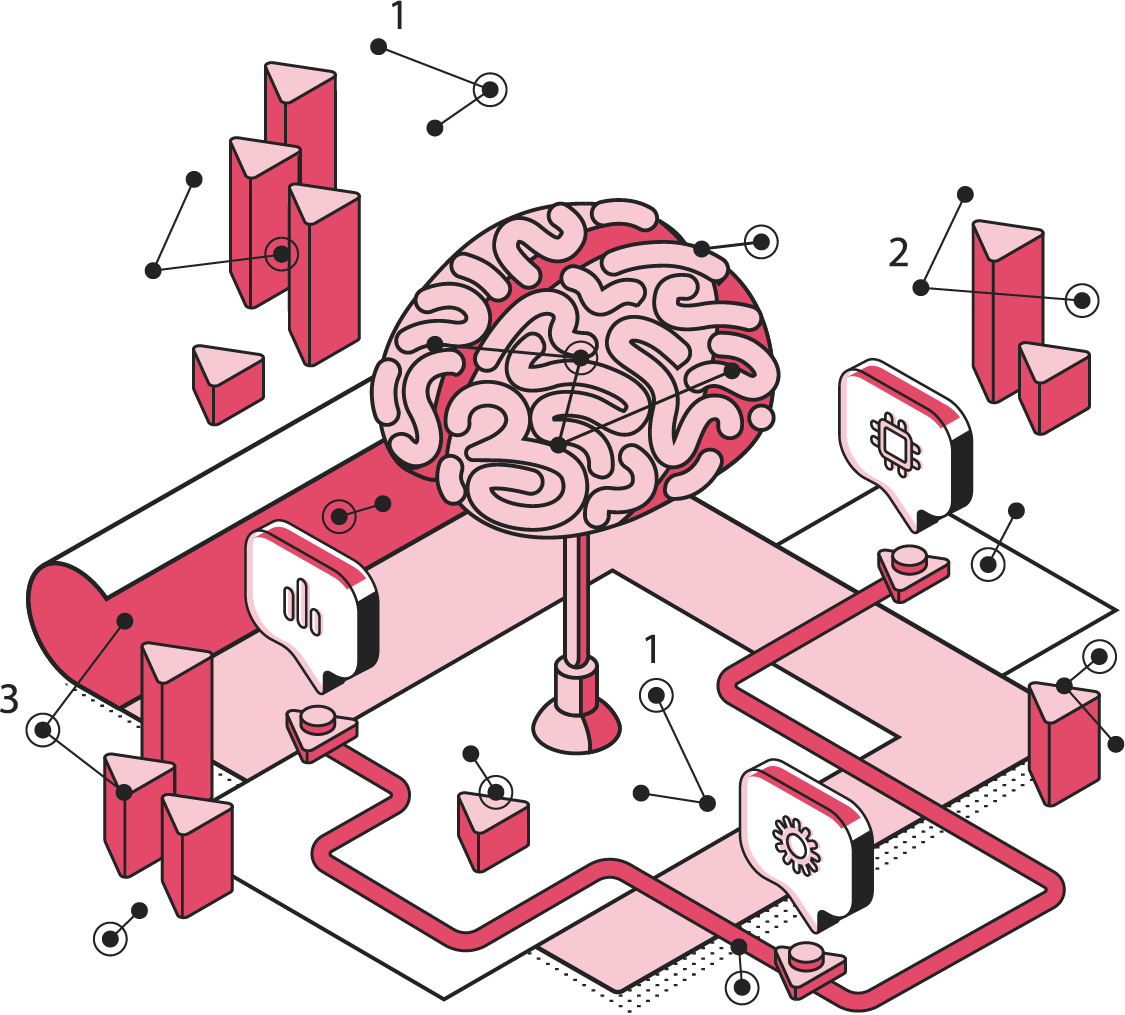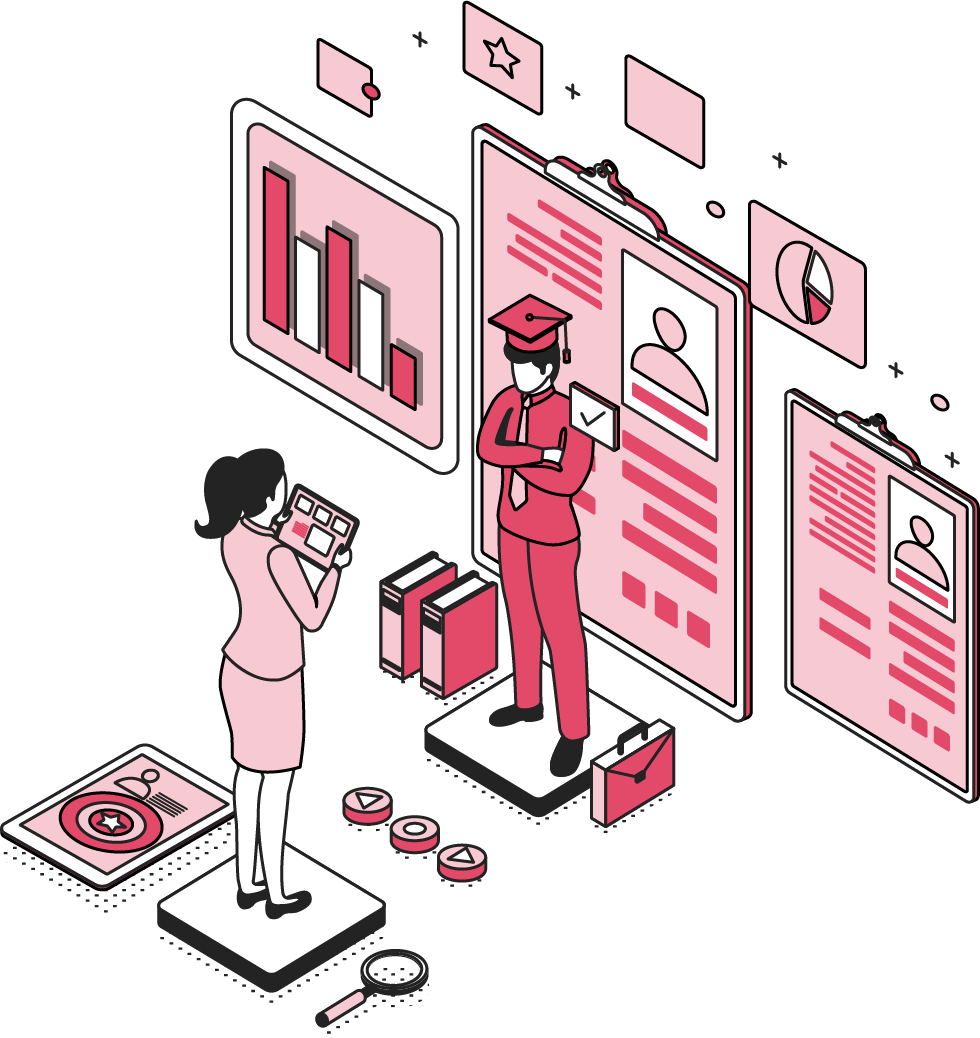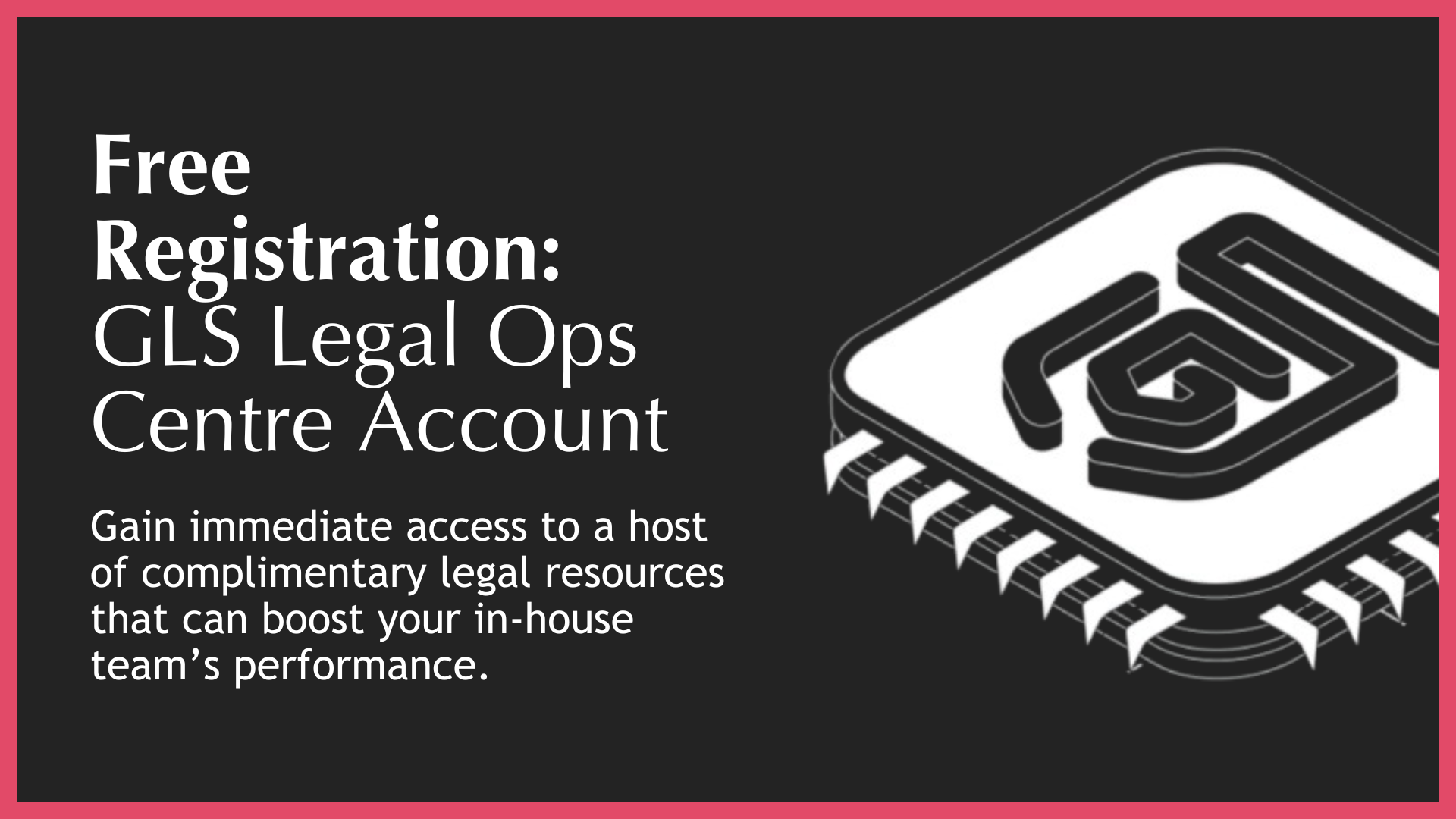Back
What A.I. means for the Legal Industry
Artificial Intelligence & Real Lawyers
15 mins • 01 Aug 19

The Robots are coming…
Well, it is at least true to say that “Legal Tech” is a theme that has been dominating the news and thought in the legal industry of late.
After centuries of being some of the slowest adopters of technological innovation, it appears that we have finally reached a “turning point” such that Legal Tech will be a key force defining the next chapter of the legal industry’s evolution.
In this article, we will be focusing on what we consider to be one of the most promising areas of Legal Tech – contract review powered by artificial intelligence (“A.I.C.R.”).
A.I.C.R. is being widely touted as both the savior of and end of the lawyer. We certainly have a view on which outlook is correct!
With all the hyperbole around we wanted to “cut through the fluff” and point to where the real innovation is happening and how that innovation can be most productively harnessed by in-house teams of any size.
So with this article, we seek to give some:
- real insight into what is the current “state of play” of A.I.C.R. technology; and
- practical insight into how that technology can be incorporated into a lawyer’s day-to-day work.
Explaining the jargon
In the same way that the term “drone” seems to now refer to everything in the air that had previously been called a “remote controlled [x]” the term “A.I.” is being used so frequently now, that it is often hard to know what exactly is being talked about.
So for clarity, “A.I.” in the context of the Legal Tech being discussed in this article refers to the combination of 2 distinct technologies:
“Machine Learning” and “Natural Language Processing”
“Machine Learning” refers to a piece of software that can be taught/trained, without the need for explicit programming.
That is, the application is trained to look for patterns in data that it is presented with, and learn from those examples to increase the chances that its future decisions will be “better”.
In the context of Legal Tech, this “learning” typically falls into the subsets of “supervised” and/or “reinforced” machine learning.
Meaning that the datasets presented to the software are “labeled examples” and ideal behaviors are reinforced within a specific context to maximize performance.
As an example, GLS LegalSifter (our A.I.C.R. solution) is presented with examples of “indirect liability” clauses (circa 10,000 examples) with the characteristics of a “successful outcome” being continuously identified and reinforced.
Natural Language Processing (“NLP”) refers to the interaction of computers and human language. With the objective of getting the software to read and ultimately “make sense” of human language in a valuable way.
This is a very hard thing to achieve. Overcoming the ambiguity and imprecise characteristics of human language is a difficult thing to translate into an algorithm.
However, NLP essentially boils down to applying algorithms to a language set in order to identify and extract the natural language “rules” that can be converted into a form that computers can understand.
The Result
By combining Machine Learning and Natural Language Processing together, A.I.C.R systems such as GLS LegalSifter result in software that is trained to look for and identify “legal concepts” and provide in context advice.
This is analogous to having an incredibly advanced version of the beloved “Ctrl + F” function.
The difference being that, for example, the software is not just looking for the words “indirect liability” but rather it is looking for anywhere where the “concept” of indirect liability appears (regardless of the specific words that are used to express it).
.jpeg)
Other uses for A.I.
Many efforts are currently also being made to apply A.I. to:
- Due Diligence – i.e. performing due diligence with the help of AI tools to uncover background information.
- Litigation Analytics – i.e. using A.I. to provide statistical probability forecasts of litigation outcomes.
- Intellectual Property – i.e. using A.I. tools to analyse large IP portfolios and drawing insights from the content.
- Electronic Billing – i.e. using A.I. to compute lawyers’ billable hours and combat “time loss” (the bane of so many “traditional” firms).
Debunking some Common Myths
| A.I. will replace lawyers | In the same way that the Excel spreadsheet did not replace accountants, A.I. is not a lawyer replacement. A.I. is a lawyer “enhancement” in that it is a tool to be used by lawyers to get more done better, safer, faster, and cheaper. The view taken with GLS LegalSifter is that a Lawyer + an Algorithm is better than either by itself. |
| A.I. is easy to use | Yes and No. Like driving a car - at first there are too many actions, too many instruments and too much to coordinate, but after some practice (ideally with an instructor) you have the car moving along effortlessly. Users will typically experience a productivity “J-Curve”. That is, their productivity will likely diminish the first few times they use an A.I.C.R. tool – as time will be spent learning how it works and how best to use it. Ultimately however, systems like GLS LegalSifter are very easy to learn. So typically by the 5th / 6th document reviewed, users notice very significant productivity gains. |
| A.I. costs a fortune | Actually, yes it does... to develop. Making a good A.I. system is very difficult, very expensive and needs collaboration with a cutting edge institution of the likes of Carnegie Uni. However, the best A.I. systems (like GLS LegalSifter) are now being sold as SaaS. So set up, licensing fees, server capacity and maintenance are all available to “end users” for less than the cost of an Adobe product license. |
| A.I. can automate document production | No. Clever software engineering is used to create document automation (e.g. GLS Legal Docs). However, this is not “A.I.”. Rather “Automated Document Production” is created by "real lawyer intelligence" working with software engineers to design logic pathways + user interfaces + input criteria + predetermined outputs. |
| A.I. software is plug and play | Yes and No. A.I.C.R. systems like GLS LegalSifter can work “out-of-the-box”. However, it is most productive when you use it in coordination with your essential “low tech” contracting infrastructure. So take the time to populate your A.I. system with your Group Legal Policies, Clause Banks and Playbooks – which if you do not already have – then you should. |
| Tech hyperbole generally | A.I. is “hot right now” and its promise for Legal Tech is very compelling. However SaaS reps and marketers have, sometimes, also reached a point of self-caricature. Remember, if it sounds too good to be true, it probably is. |
| A.I. can fix your contracting processes | A.I. as a tool is an “accelerator” or “enhancement” not a replacement of your legal review processes. If you have done the ground work to build good low-tech contracting infrastructure – A.I. will make these processes work faster and better. If your contracting processes and infrastructure are garbage - A.I. will just make that infrastructure produce garbage outcomes more quickly. Read THIS ARTICLE on how best to get your “low tech” right before your reach for the high tech. |

A.I. vs Your Day-to-Day Operations?
In our experience, the businesses that have most effectively and productively incorporated A.I.C.R. into their contracting infrastructure have implemented at least 1 of the following process flows.

We believe that in the not-too-distant future, the vast majority of lawyers will never look at a complex document without the help of A.I.
Again, the point to emphasize here is that a Lawyer + A.I.C.R. is there to:
- ensure that nothing is missed - meaning that work can be delegated to more junior staff (or done by sleepless staff) to enhance margin but with the risk of “human error” being removed ;
- reduce the “review time” needed for a lawyer to physically get through a document. Thereby freeing that lawyer’s capacity to negotiate truly key issues and contribute strategically to driving the deal forward; and
- ensure that your contracting tools (e.g. Contracting Policy, Clause Bank, Playbook, etc.) are efficiently and consistently applied across your contract portfolio – even when you are dealing with third-party paper.
Is A.I. Worth It?
For better or worse (obviously for the better!), lawyers will not be eliminated anytime soon…
However, A.I.C.R is increasingly becoming an indispensable tool for those lawyers because, realistically, the following benefits can’t be ignored:
- Consistent application of Group Legal and Compliance policies
- Shifts lawyer time from “issue spotting” to "risk assessment" and "strategic advisory"
- Significant reduction of time required to review documents and provide responses
- A.I. “learns” so retention and effective utilization of “deal memory” is enhanced
- Significant reductions in human error
- Tools can be calibrated for both professional and non-professional users
- A.I. adopters better understand new contract support function which
increasingly is defined by A.I. tool competencies - Enhanced junior &non-lawyerr training by providing instant "in context" advice
In summary, by helping lawyers sift through large amounts of data quickly and safely, A.I.C.R. systems such as GLS LegalSifter can enable lawyers to provide better client outcomes faster and therefore cheaper.
To help you assess whether those productivity gains are worth the costs of A.I.C.R. we include the below feedback from GLS LegalSifter for your consideration:
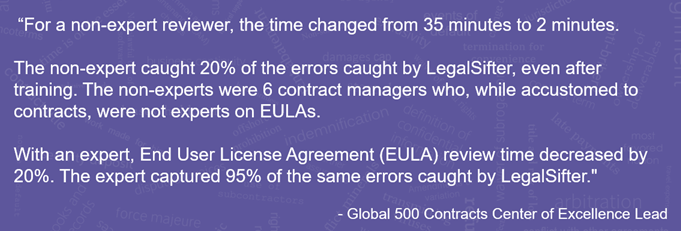
Ready To Transform Your Legal Team?
Please check out the GLS solutions and know-how resources listed on the right side of this page – they might assist your legal team with the issues explored in this Blog.
© The GLS Group - Law Rewritten
Conclusion
To access and maximize the productivity gains potential of A.I.C.R. for yourself, you should first take the time to ensure that your existing, low-tech, contracting infrastructure is primed and ready.
Whilst there are many myths, misunderstandings, and false expectations swirling around A.I.C.R., particularly in the context of contract review, represents an option for genuine and substantive productivity gains.
A.I.C.R. is certainly something that is here to stay AND it is also available to be tried and experimented with by companies and law firms of any size.
If you would like a free consult on how to best incorporate A.I.C.R. into your day-to-day practices OR to have a 2-week free trial of GLS LegalSifter then book an appointment with GLS by Clicking Here.
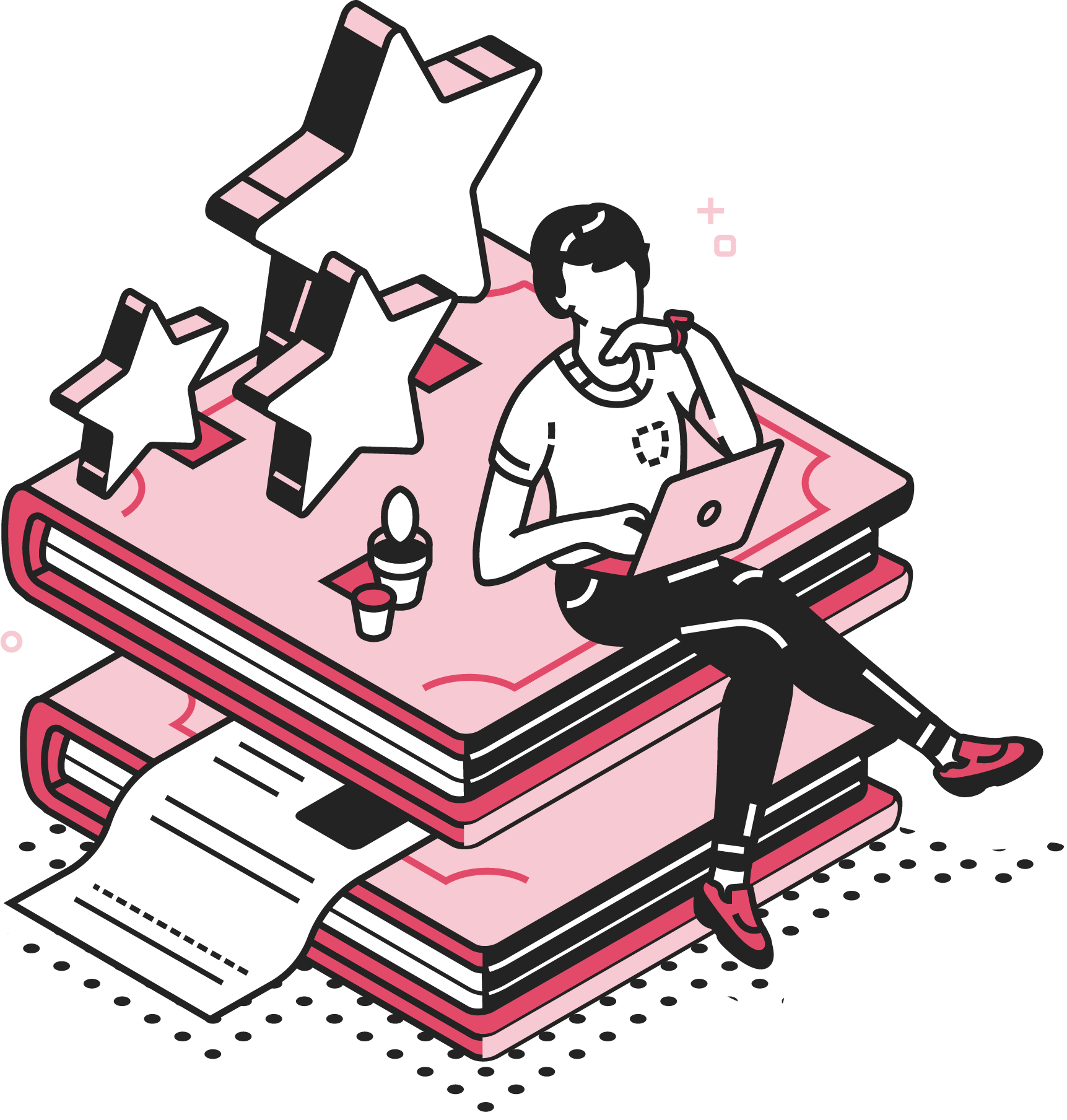
The GLS Legal Operations Centre
Register to access your complimentary Day 1 Resource Stack packed with legal team performance resources.
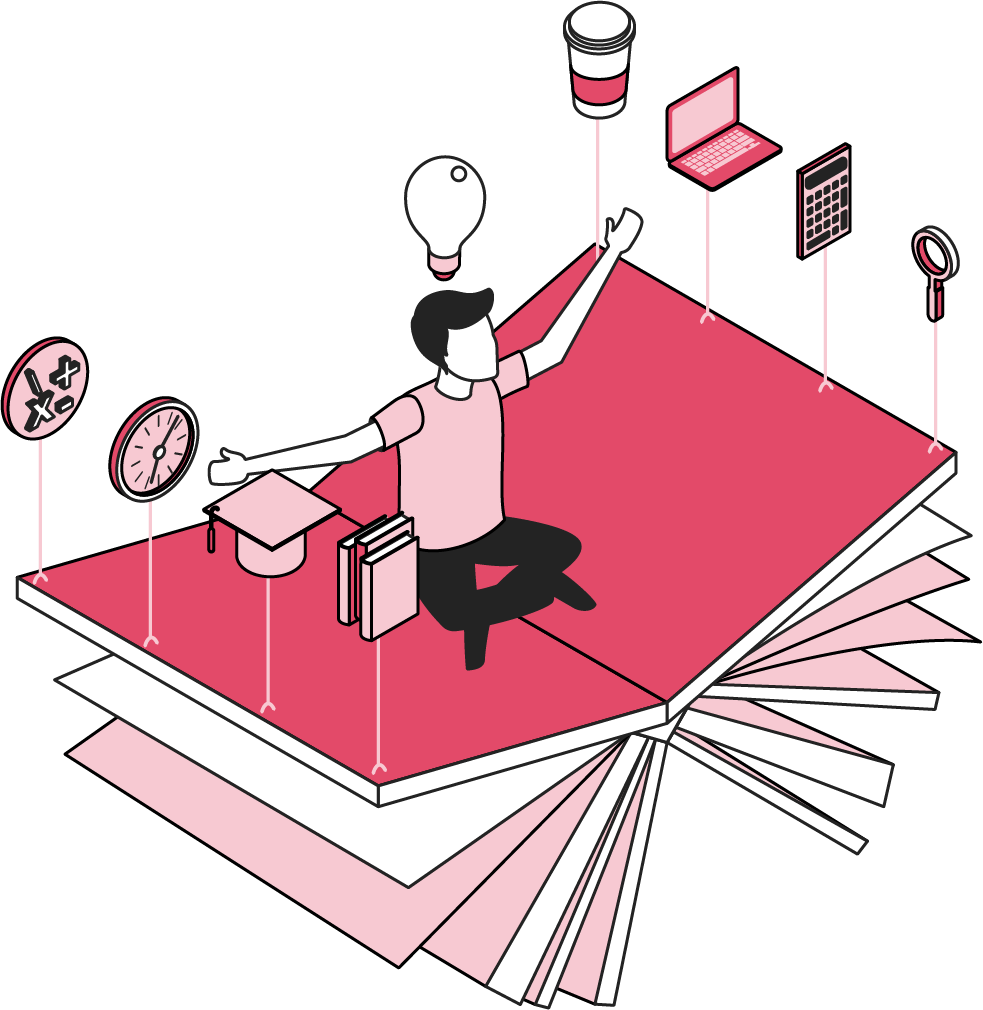
GLS Ultimate Guide To Legal Operations
Download this and read it thoroughly and regularly. It is a wonderful transformation companion.
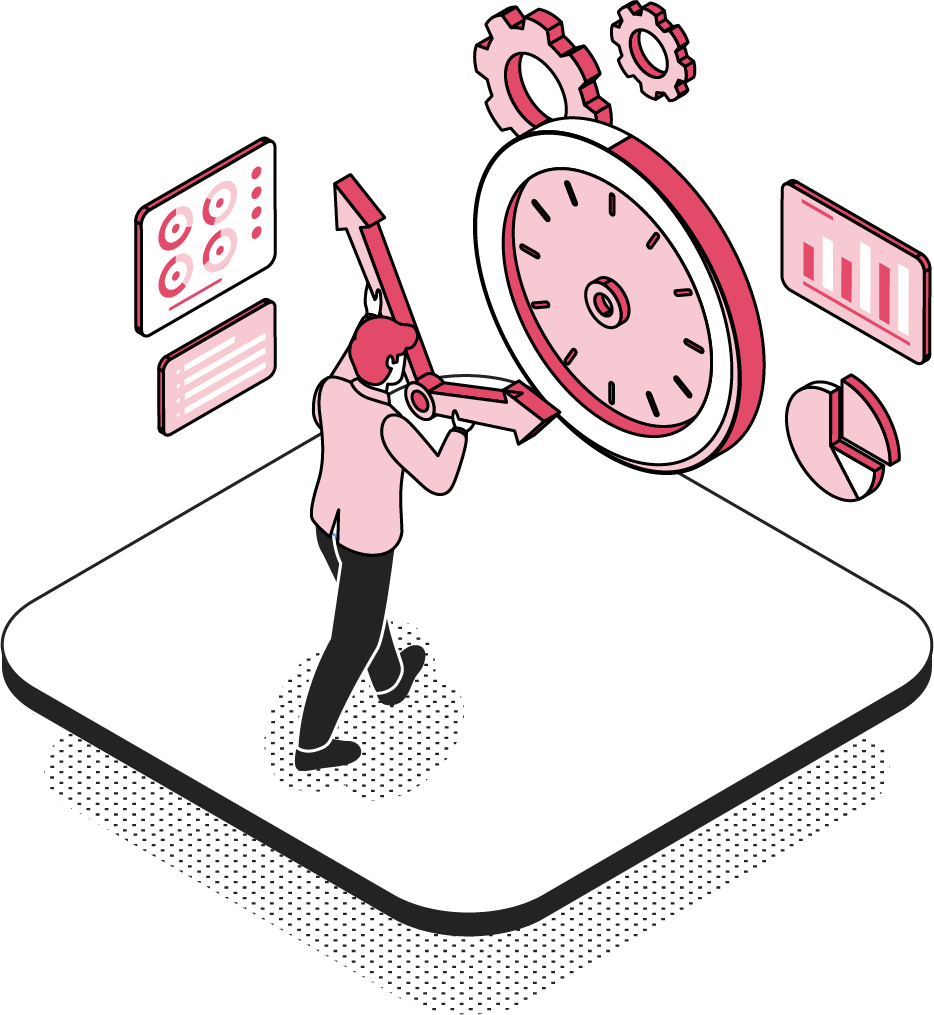
Book A No-Obligation Consultation
If you would like discuss your legal transformation needs, please book a 30 minute free consultation with us.
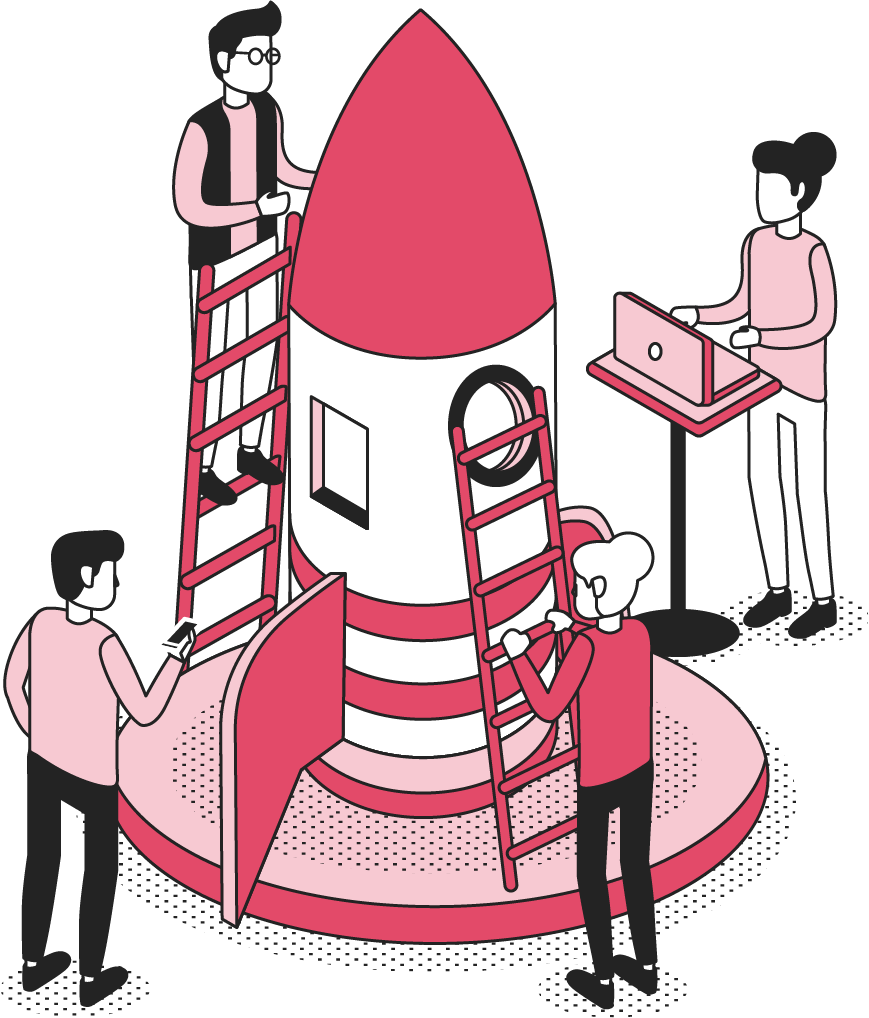
GLS Legal Transformation Boot Camp
Our hugely successful, 10-week long, email-based boot camp on how to effectively transform your legal team.
